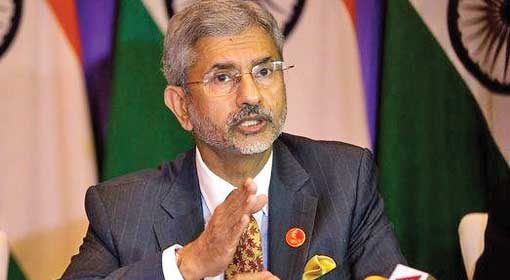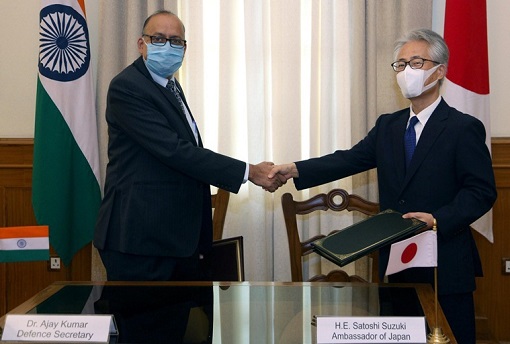New Delhi: – It is being reported that the government is planning to bring an incentive scheme with a view to encourage the use of electric vehicles for the projects to manufacture modern batteries used in electric vehicles. The NITI Aayog has prepared a report in this regard.
The NITI Aayog expressed confidence that if electric vehicles take over the Indian roads by 2030, there will be a saving to the extent of USD 40 billion in the fuel import bills. Currently, the Battery Energy Storages Industry in India is in a nascent stage. Therefore, the government is planning to bring a scheme to provide incentives up to USD 4.6 billion for setting up projects to manufacture batteries required in electric vehicles.
 The NITI Aayog has prepared a report in this respect, and it may be reviewed in the meeting of the cabinet of ministers. As per the report, the manufacturers of batteries for the electric vehicles will be provided funding of up to ₹9 billion in the next fiscal. A proposal to charge import duty at the rate of 5%, up to 2022, on these batteries also is under consideration. Thereafter, the rate will be taken to 15%. This will benefit companies from Japan and South Korea. 80% of the Lithium-Ion cells are manufactured in China. But following the conflict with China, India has made the trade rules more stringent for the Chinese companies. Against this background, the proposal of the NITI Aayog becomes noteworthy.
The NITI Aayog has prepared a report in this respect, and it may be reviewed in the meeting of the cabinet of ministers. As per the report, the manufacturers of batteries for the electric vehicles will be provided funding of up to ₹9 billion in the next fiscal. A proposal to charge import duty at the rate of 5%, up to 2022, on these batteries also is under consideration. Thereafter, the rate will be taken to 15%. This will benefit companies from Japan and South Korea. 80% of the Lithium-Ion cells are manufactured in China. But following the conflict with China, India has made the trade rules more stringent for the Chinese companies. Against this background, the proposal of the NITI Aayog becomes noteworthy.
In a country like India, with such a vast population, the sale of electric vehicles in the last year was a meagre 3,400. But an increase in the use of electric cars will result in a massive saving of fuel and will reduce pollution. Taking this into account, India has set a target that by 2030, every vehicle on Indian roads will be an electric vehicle. Rapid steps have been taken in that direction. Meanwhile, it is reported that Tesla, the global leader in electric vehicles, is preparing to set up a Research Development Centre at Bengaluru in India.













